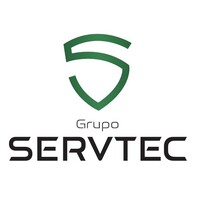
ASBECO
ASBECO is the industry leader in the realm of industrial equipment. Founded in 1986, ASBECO has successfully installed electrical and mechanical systems nationally, as well as internationally. In addition, every key employee has over 20 years tenure with our company in this arena. As providers of equipment sales, mechanical installation and control engineering services, our goal is meet the needs of every client, providing the highest quality work, on time and within budget. ASBECO, exceeding client expectations for over 25 years. ISO, Avetta, and ISN Certified






